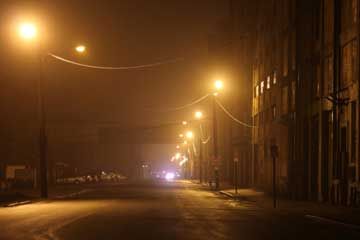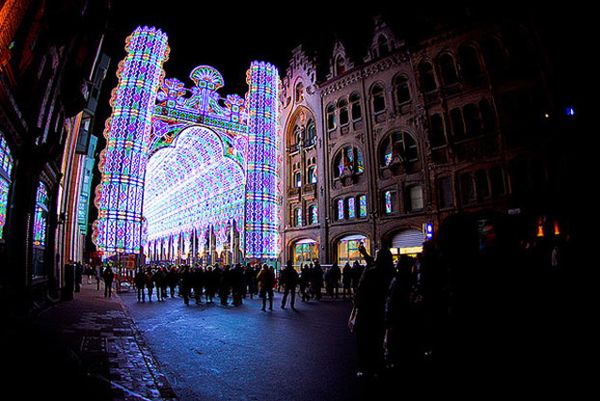
Artificial lighting is a modern marvel that we take for granted everyday — for its conveniences and its detrimental effects.
According to a pair of recent studies, the problems extend beyond light pollution and into the realms of childhood obesity and perhaps even cancer.
Advertisement
In a paper published in the journal PLOS One, researchers from the Queensland University of Technology studied the sleep, activity and light exposure of 3- to 5-year-olds from six Brisbane, Australia childcare centers. When they recorded body mass index and checked back in 12 months later, they found that slimmer children received the most light exposure in the afternoon. Furthermore, moderate light exposure early in the day (and greater exposure overall) correlated to increased body mass index a year later.
Research from the University of Haifa in Israel produced similar results. In a paper published in the International Journal of Obesity, artificial lighting at night is associated with melatonin suppression and a metabolic tendency for increased body mass. The research also points to a previous study linking light pollution to breast and prostate cancer, potentially due to antioxidant and anticancer properties in melatonin that are lost in light-induced suppression.
Scientists are still unraveling the true wages of artificial lighting on human health. In the meantime, check out the video above to find out why this research might provide a good reason to cut down on screen time.
Advertisement


